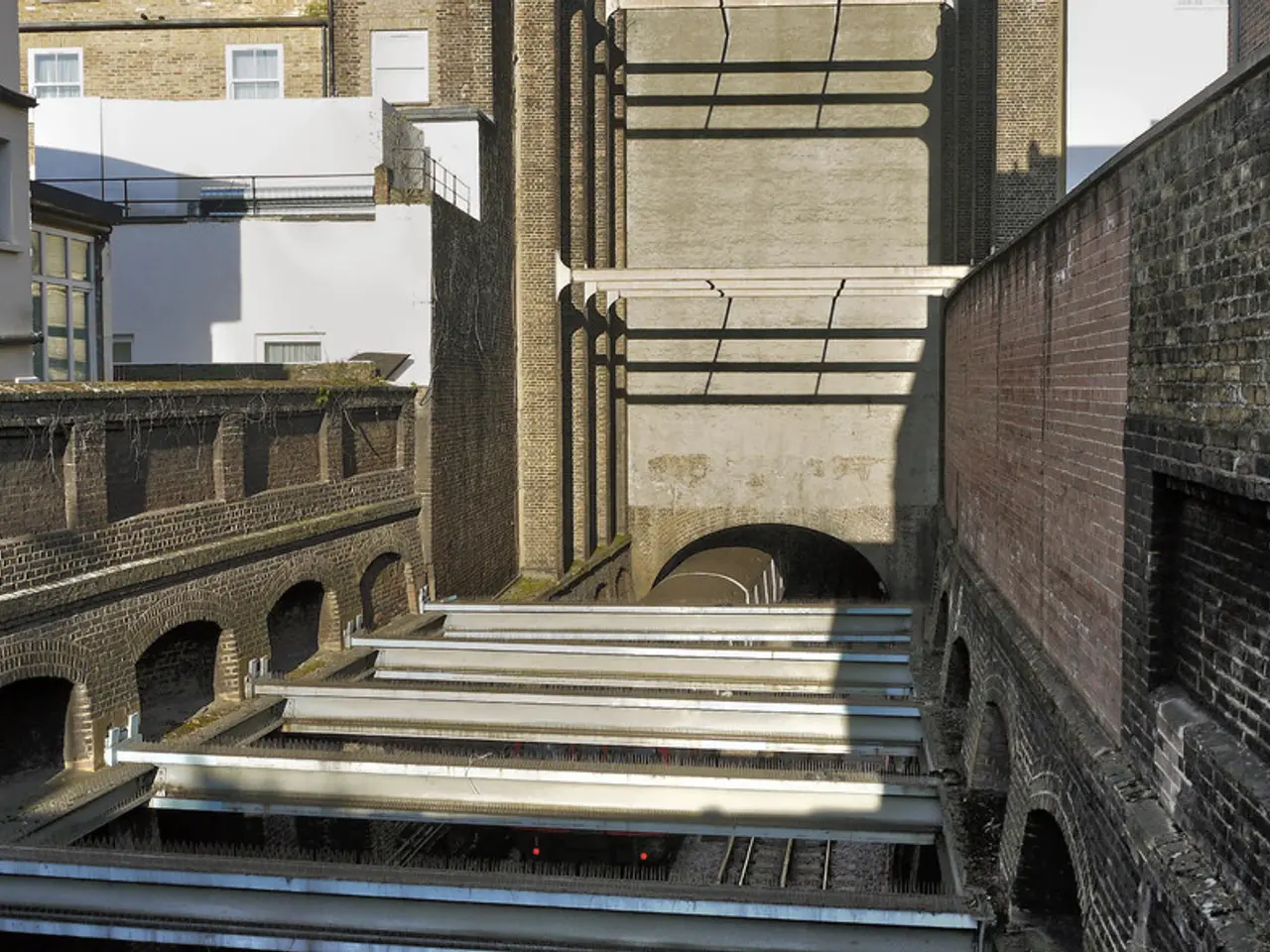Beneath the Seas: Proposed Underwater Tunnel Aims to Connect Europe and Africa by 2030
The Euro-African underwater rail tunnel, a groundbreaking project that aims to link Europe and Africa, has gained significant momentum. After years of indecision, the governments of Morocco and Spain have officially approved the tunnel project in August 2025.
The proposed tunnel will span approximately 42 kilometers, with about 28 kilometers submerged below the sea, connecting southern Spain near Tarifa to Morocco’s Tanger-Med port. The project's scale surpasses the Channel Tunnel in length, making it one of the most ambitious engineering projects to date.
The tunnel will follow the model of the Channel Tunnel, featuring separate tracks for passenger and freight trains. This design balances feasibility, profitability, safety, and sustainability. If completed, it will be the first-ever underwater rail tunnel linking two continents, marking a bold step forward in making international rail travel a viable option for millions of passengers.
The project's progress is due in part to shared diplomatic goals, including synergy with the 2030 FIFA World Cup hosted by Spain, Portugal, and Morocco. However, the complex geology, depth, and seismic risks of the Strait of Gibraltar area present significant technical challenges.
Ongoing technical evaluations, including seismic activity assessments and drilling methodology studies, are being conducted by several engineering firms such as Herrenknecht AG and Tekpam Engineering. The results are expected through late 2025.
Construction of the Euro-African tunnel is planned to start in 2030, but the exact timeline for operation remains speculative. If it stays on track, the tunnel could start carrying passengers and freight between Europe and Africa within the next decade.
The tunnel could offer a more sustainable, efficient option for frequent travelers and those looking for greener alternatives to flying. By creating a faster way to transport goods between the continents, the tunnel could boost trade and open new markets, particularly in North Africa where faster access to European markets could drive growth.
One of the major benefits of the proposed tunnel is its potential to reduce carbon emissions by decreasing reliance on air travel. If completed, the tunnel could symbolize a new era of cooperation and connectivity between Europe and Africa, fostering economic growth and sustainability on both continents.
References: 1. BBC News. (2025, August 1). Euro-African underwater rail tunnel gets go-ahead. [online] Available at: https://www.bbc.co.uk/news/world-europe-58008676 2. The Engineer. (2025, October 1). Euro-African tunnel: Technical studies progress. [online] Available at: https://www.theengineer.co.uk/news/euro-african-tunnel-technical-studies-progress/
Read also:
- Deepwater Horizon Oil Spill: BP Faces Record-Breaking Settlement - Dubbed 'Largest Environmental Fine Ever Imposed'
- Lawsuit of Phenomenal Magnitude: FIFA under threat due to Diarra's verdict, accused of player injustice
- Weekly activities in the German federal parliament
- Stealthiest and most secretive vehicle option: Toyota Prius unveiled







